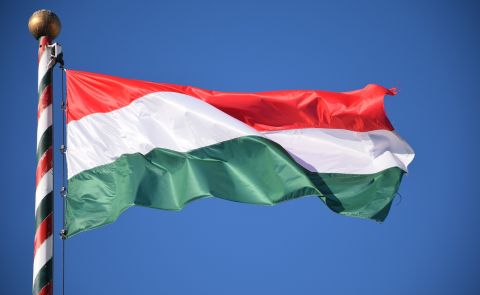
EU Officials Visit Tbilisi Amid Protests
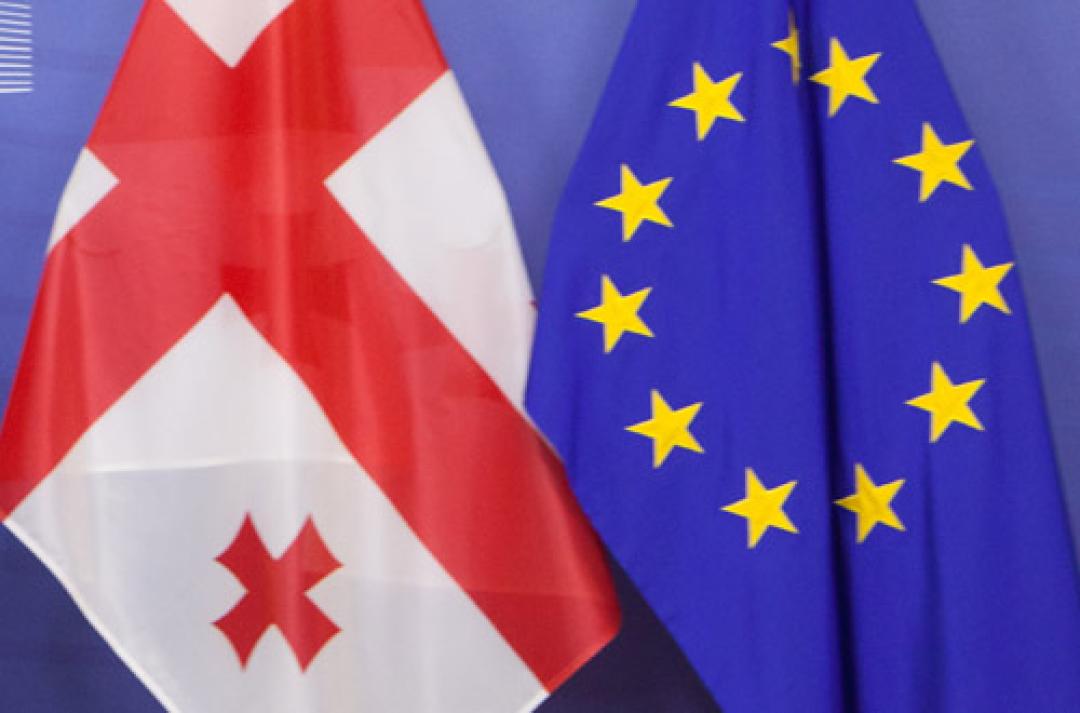
On November 11, senior lawmakers from eight European Union nations—Germany, France, Poland, Lithuania, Latvia, Estonia, Sweden, and Finland—arrived in Georgia to address the country's ongoing political crisis. The delegation's visit commenced with a meeting with Georgian President Salome Zourabichvili, followed by discussions with opposition leaders and civil society representatives. Notably, government officials chose not to engage with the visiting delegation.
During a press conference, President Zourabichvili warmly welcomed the EU officials, calling them "devoted friends of Georgia" who stand by the country's statehood and its European aspirations. She emphasized that their visit came at a critical time, as Georgia faces a severe political crisis rooted in what she described as “one-party-managed elections” and “one-party-rigged elections.” The President expressed hope for a return to “fair elections” that would lead to a “legitimate” government.
Michael Roth, Chair of the German Bundestag’s Foreign Affairs Committee, highlighted that the delegation, though comprising members from various EU countries and political affiliations, was united in its support for the Georgian people. Addressing accusations from the Georgian government that the delegation sought to instigate regime change, Roth clarified, “We are here as friends of the Georgian people… not to promote regime change.” He expressed concern over the October 26 elections, which he characterized as neither “free nor fair” due to reported breaches of ballot secrecy, voter intimidation, and other irregularities. Roth called for an independent investigation, suggesting international involvement if Georgian authorities could not ensure impartiality. He warned that without transparency, the EU might refuse to recognize the election results and could potentially impose targeted sanctions on those responsible for electoral manipulation.
Roth further underscored that while the EU stands with the Georgian people's commitment to democracy and human rights, Georgia’s EU aspirations would be jeopardized if the government continued on an anti-democratic path, exemplified by controversial laws like the “Foreing Agents” law.
Outside the Orbeliani Palace, protesters gathered in support of the delegation’s pro-European stance. Delegation members engaged with the crowd and were expected to join a rally denouncing the alleged manipulation of election results.
The delegation, which included Marko Mihkelson from Estonia, Jukka Kopra from Finland, and Frédéric Petit from France, later met with opposition party representatives. Discussions focused on the contested elections and potential EU responses to the Georgian government’s actions. Dimitri Tskitishvili from the Gakharia-For Georgia party emphasized the need for strategic responses to government policies. Opposition leaders, including Tinatin Bokuchava from Unity-UNM, advocated for an international investigation, arguing that the Georgian Prosecutor’s Office lacked the impartiality necessary for a fair review. Concerns were also raised about the potential loss of EU benefits, such as visa-free travel, if Georgia’s political direction remained unchanged.
At the “We Are Europe” rally on November 11, European lawmakers addressed the crowd, expressing solidarity with Georgia’s democratic aspirations. Michael Roth called Tbilisi the “true capital of Europe” and dismissed criticisms of EU “interference,” framing their support as a gesture of friendship toward a free, democratic Georgia. He encouraged the crowd, saying, “If you win, we will win,” stressing the importance of defending democracy and urging resilience.
Žygimantas Pavilionis, Vice-Speaker and Chair of the Committee on European Affairs in the Lithuanian Parliament, urged the crowd to fight for Georgia’s freedom, EU membership, and NATO aspirations. Filip Ottoson, Chair of the EU Committee of the Swedish Riksdag, praised the courage of Georgians in standing up to Russian aggression and emphasized that democracy and the rule of law are the only paths to Europe.
See Also

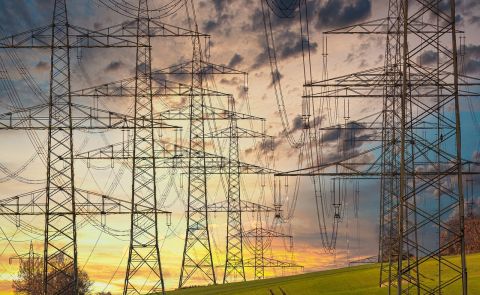
Energy Sector Milestones: Armenia Advances Key Power Infrastructure
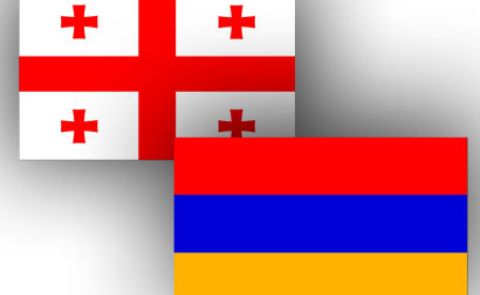
Armenia Temporarily Halts Brandy Exports Amid Georgian Border Congestion
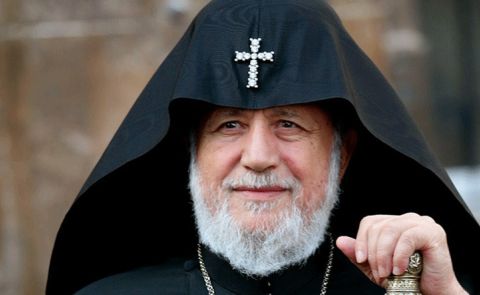
Political and Religious Conflict Intensifies Over Armenian Apostolic Church Leadership
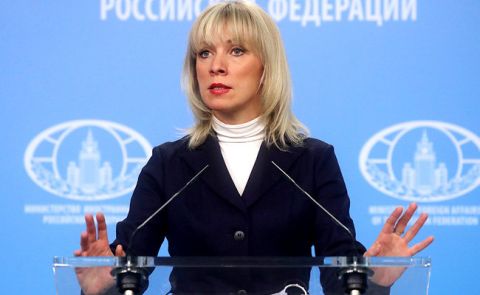
Maria Zakharova Warns Azerbaijan to Respect Russia’s Sensitivities on NATO Expansion, Criticizes EU Mission in Armenia
